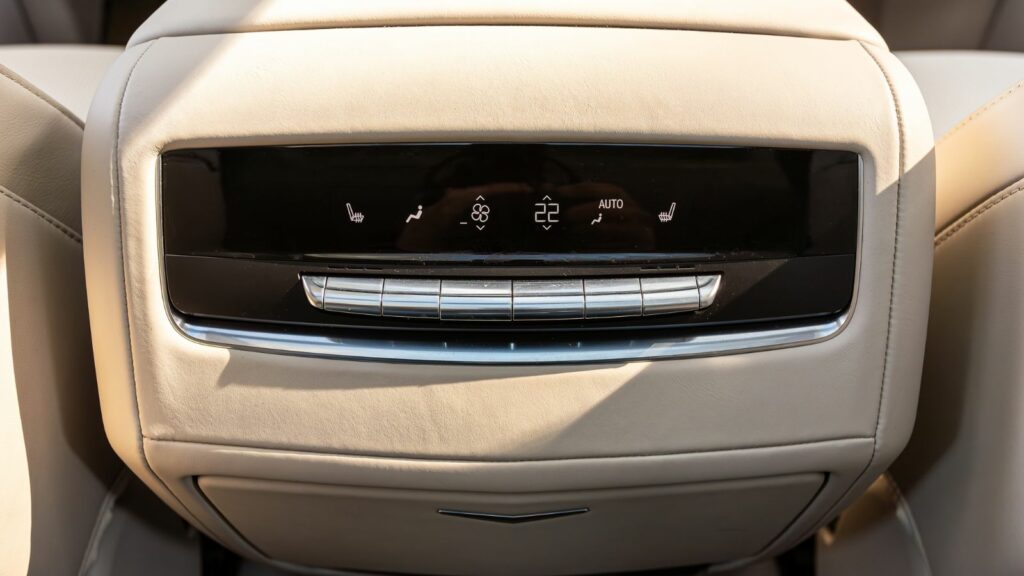Modern cars are stuffed with gadgets, gizmos, and gimmicks that automakers love to show off in commercials. The problem? A lot of them don’t actually improve your driving experience, yet they jack up the sticker price. These are the features that sound fancy, look futuristic, but often leave owners scratching their heads—or worse, calling the service department.
Gesture Controls
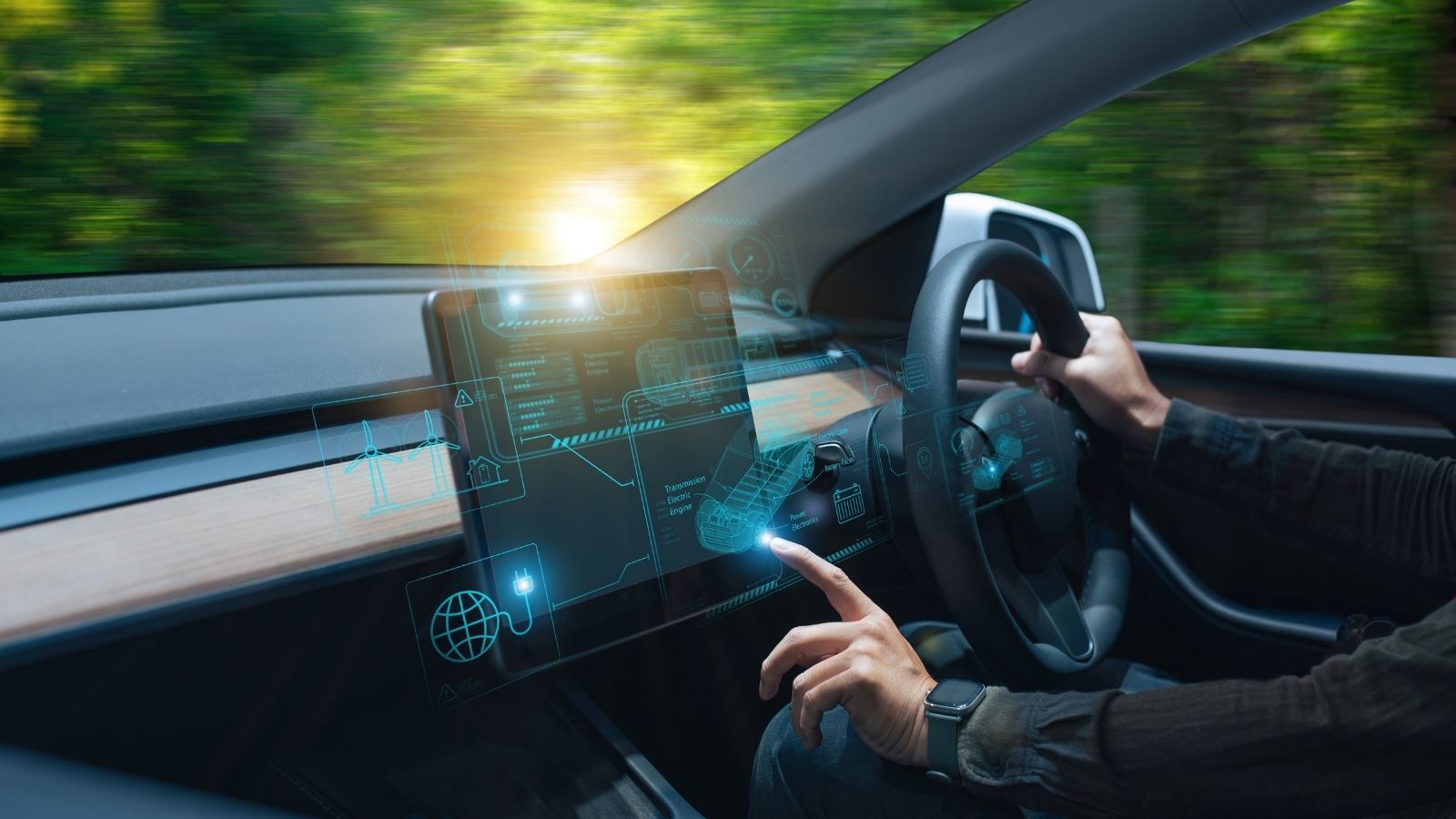
The BMW 7 Series was one of the first to introduce gesture controls, letting you spin your finger in the air to change volume. Cool in theory, but in practice the system often mistakes hand movements for commands. Drivers report accidentally skipping songs or blasting the stereo just by pointing. A simple knob would be cheaper, easier, and far less embarrassing at a stoplight.
Oversized Wheels
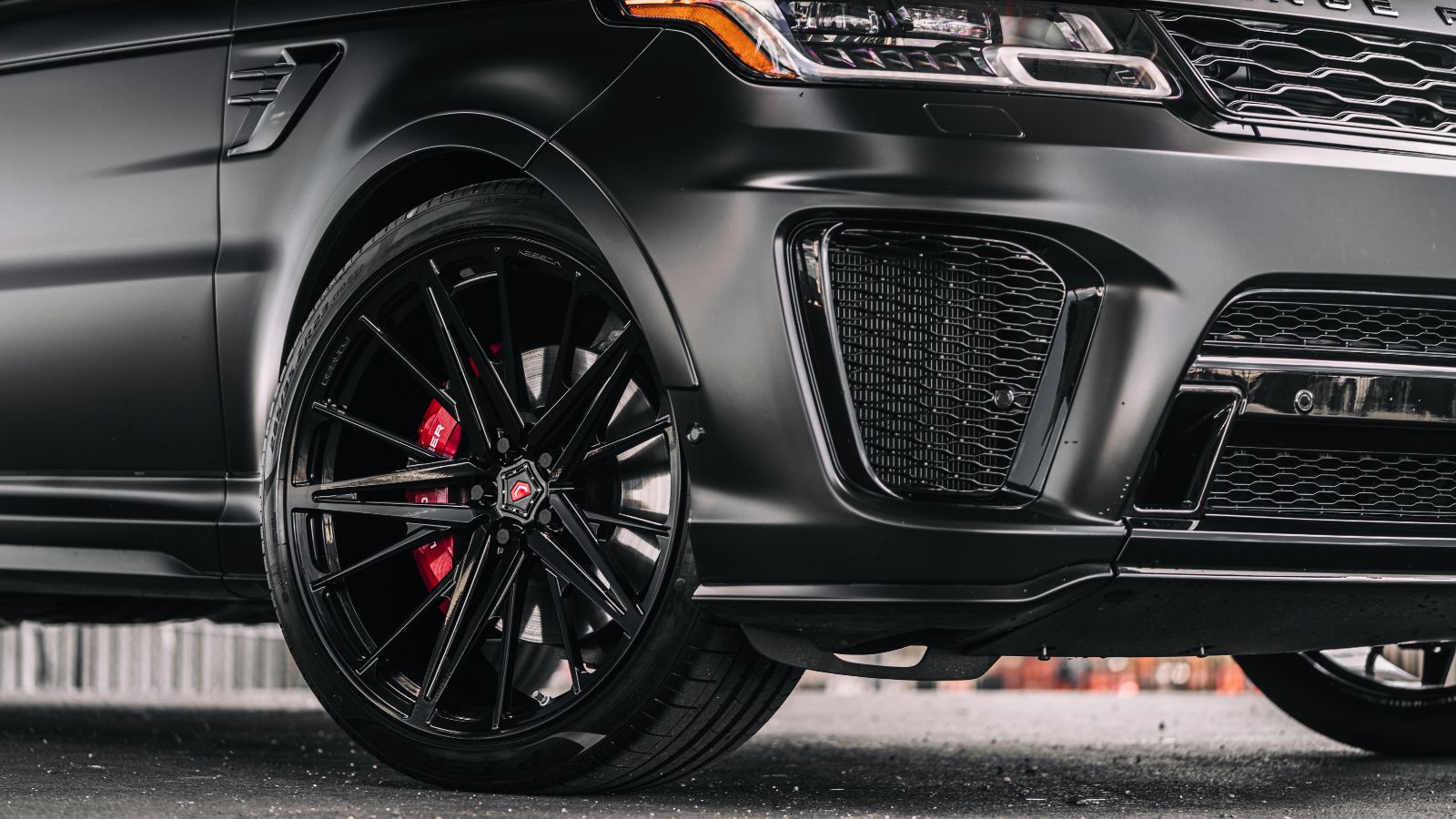
Big wheels grab attention, no question. Cadillac Escalade and Range Rover buyers love their 22-inch rims. The problem is they’re brutally expensive to replace, harsh over potholes, and prone to bending. Owners often find themselves shelling out more for tires that wear faster while losing the comfort that smaller wheels deliver. It’s style over substance, and the price premium is eye-watering.
Fake Engine Noise
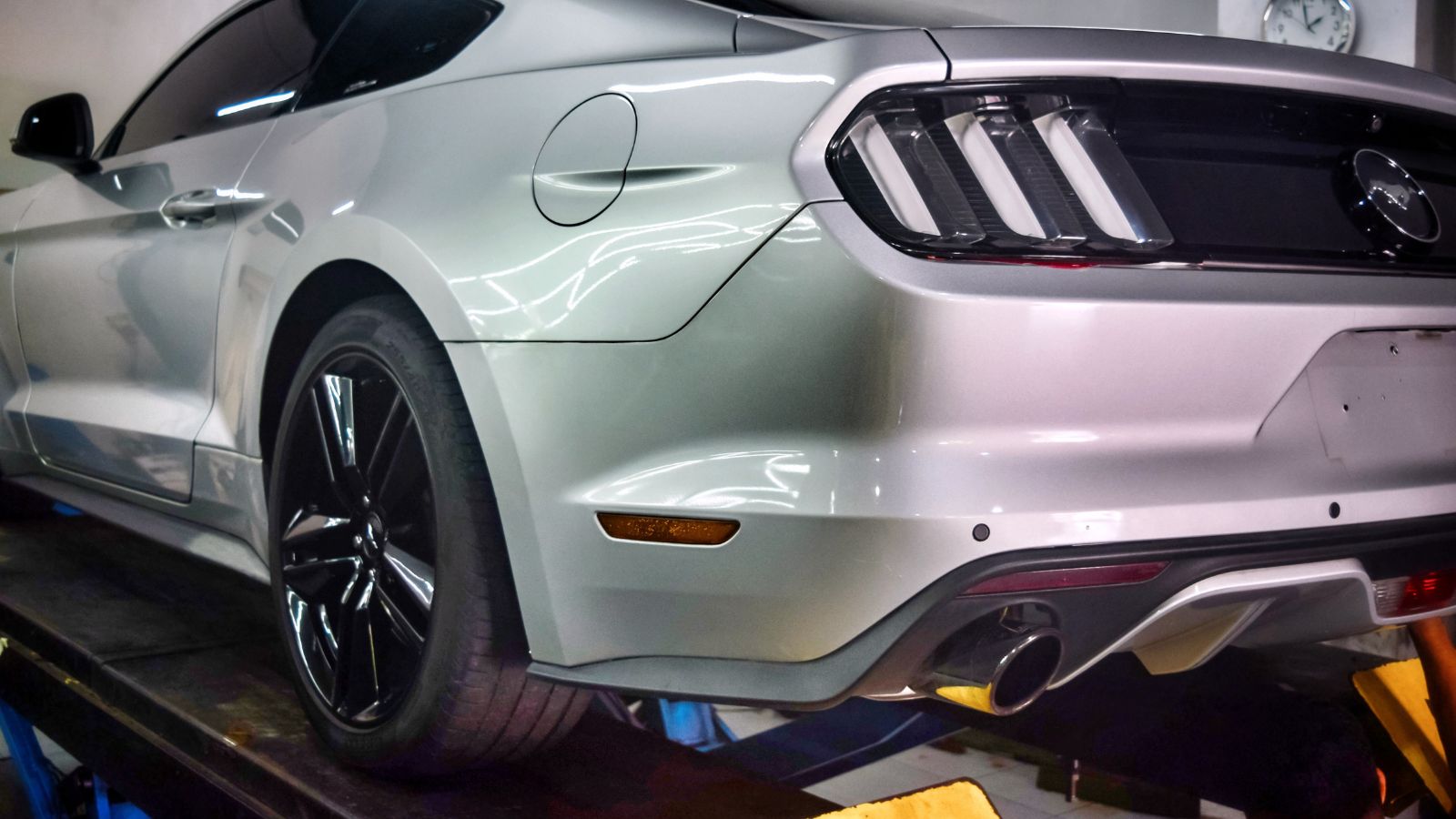
Ford’s Mustang EcoBoost and even BMW’s M cars have dabbled in this trick. By piping fake sound through the speakers, they try to fool you into thinking the car has more grunt than it does. The issue? Drivers quickly realize the artificial roar sounds like a video game. It’s not only useless but insulting when enthusiasts would rather hear the real engine working.
Pop-Up Door Handles
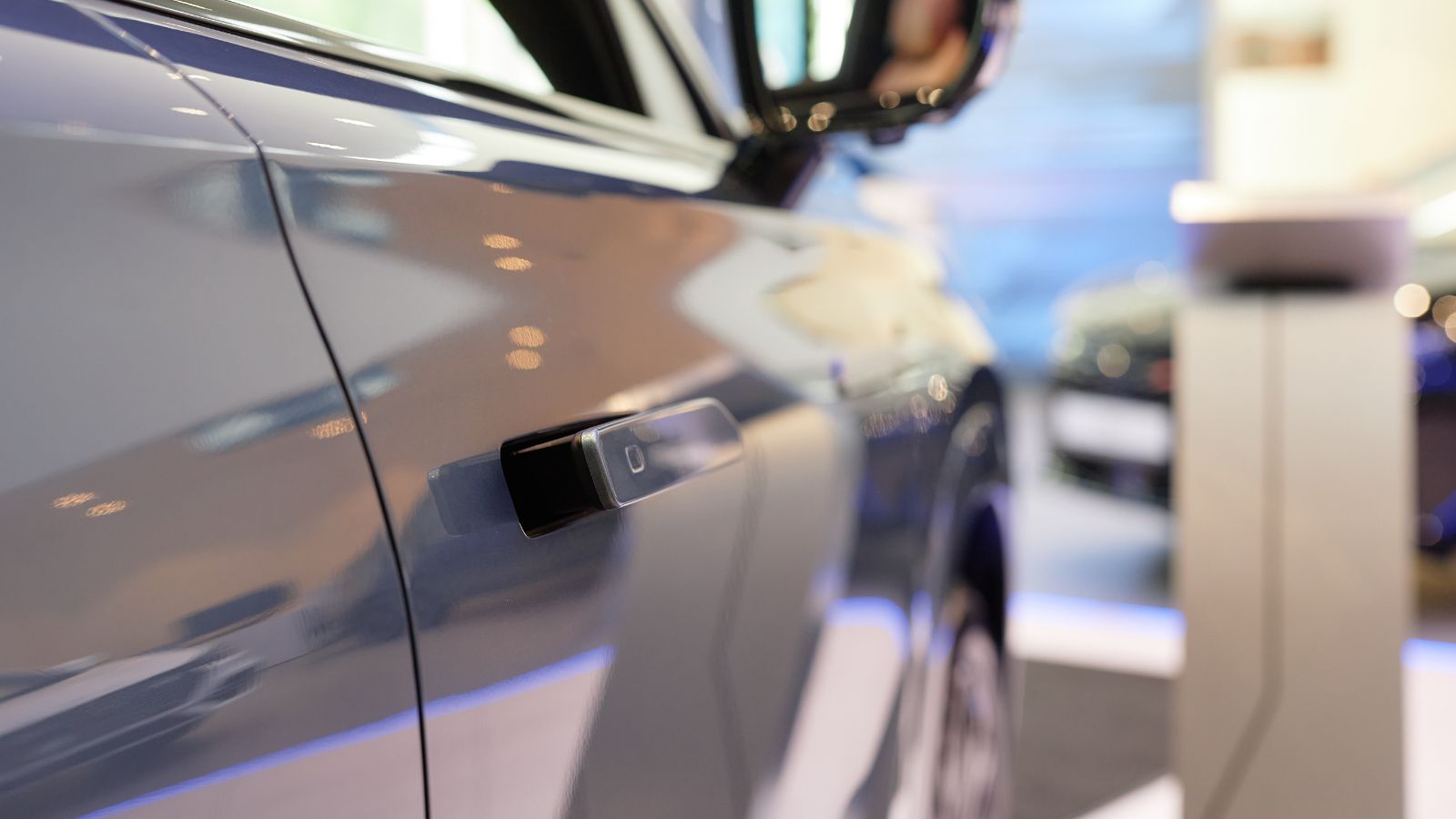
Tesla made flush pop-up handles famous, and now brands like Range Rover use them too. They look futuristic and clean up the body lines, but owners in colder climates have horror stories about frozen handles that refuse to open. Replacements aren’t cheap, and unlike old-school handles, they’re one more electronic failure waiting to happen.
Rear Seat Entertainment Screens
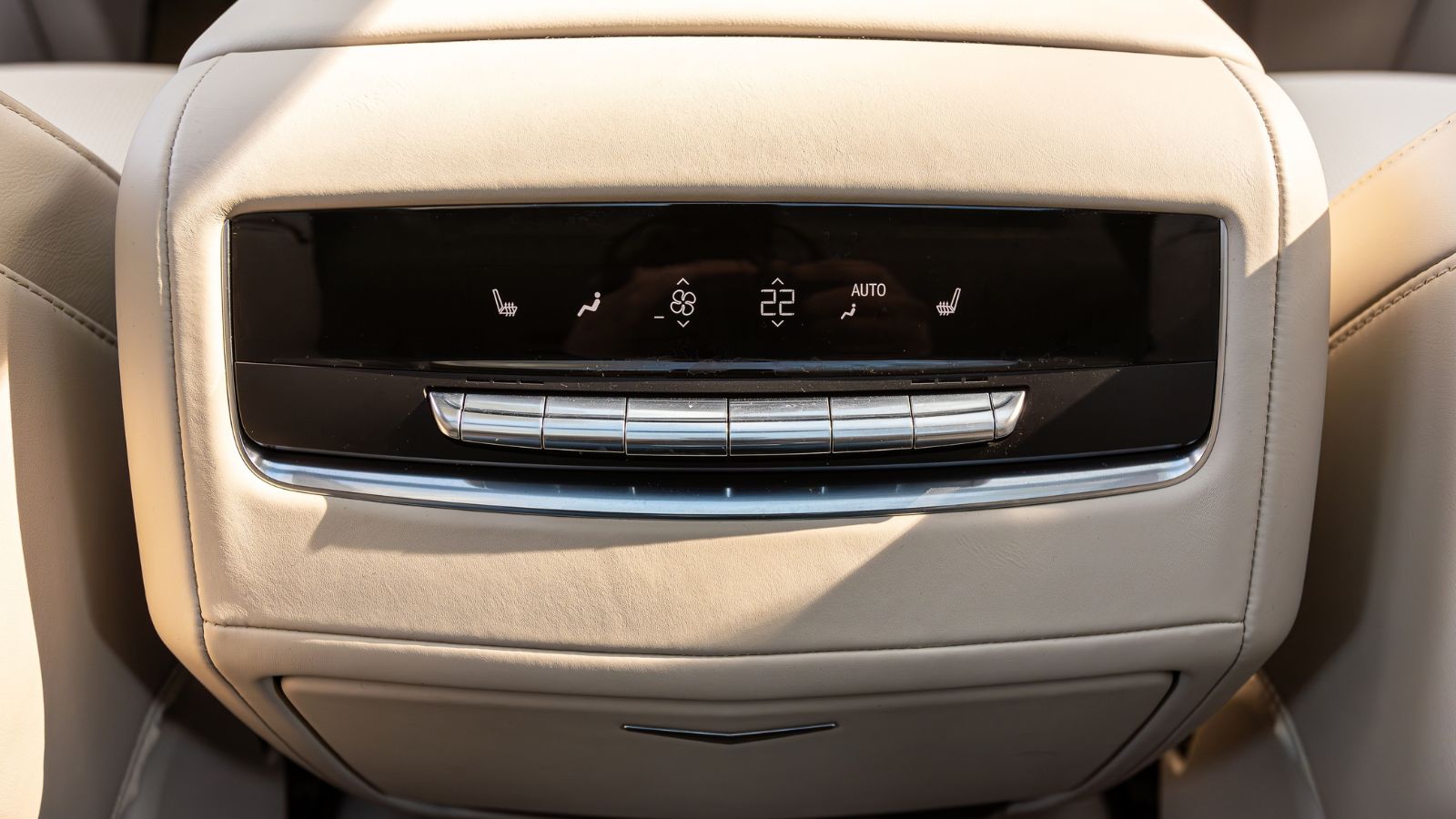
Chrysler Pacifica and Cadillac Escalade push their fancy rear entertainment setups, but let’s be honest—most kids would rather stream YouTube on an iPad. The built-in screens are laggy, clunky, and ridiculously overpriced. By the time you navigate through their ancient software, your passengers could have binge-watched half a Netflix episode on their phone.
Mood Lighting Everywhere
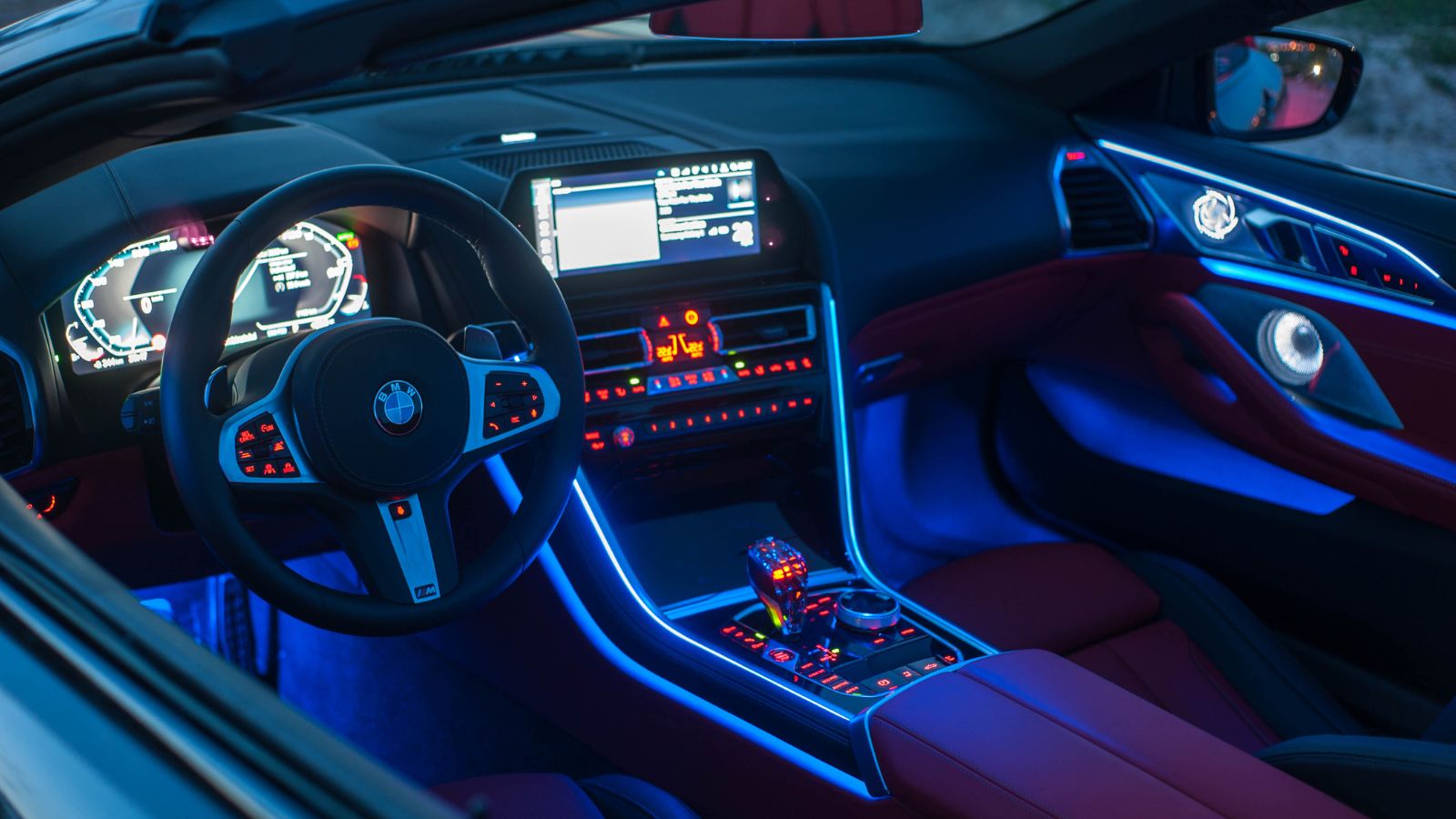
Mercedes, BMW, and even Hyundai now brag about customizable mood lighting with up to 64 color options. Do you really need to drive home in “electric purple” or “Miami teal”? Probably not. It’s fun for a week, then forgotten. Worse, automakers love to lock it into expensive luxury packages, turning a gimmick into a bill-padding scheme.
Head-Up Displays with Too Much Info
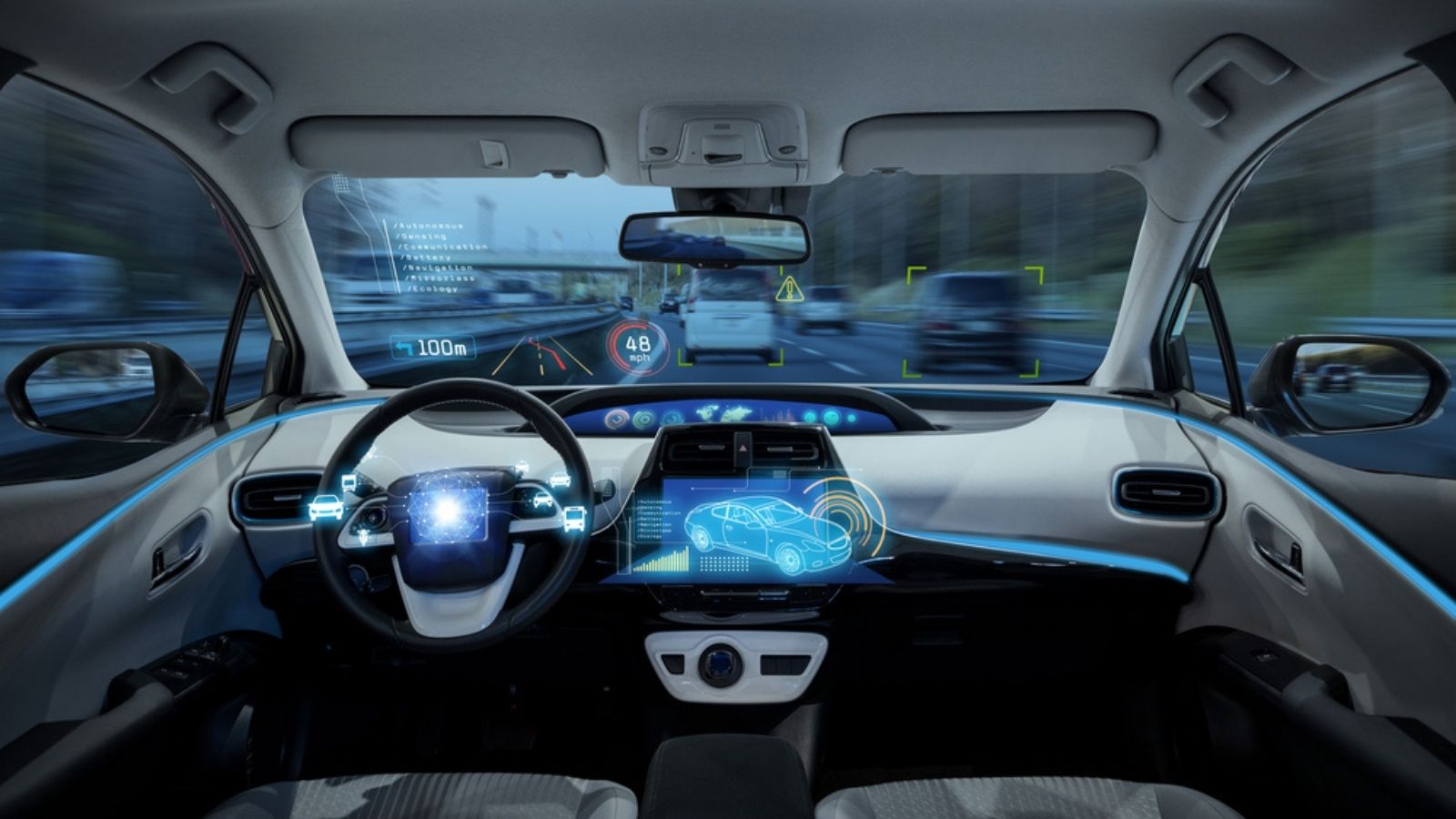
A simple head-up display showing speed or navigation is great. But BMW and Audi take it to excess, flashing rev counters, lane assist icons, and even song titles. Instead of making driving easier, it clutters your vision with distracting graphics. Drivers find themselves turning it off, which means they just paid thousands for something they don’t use.
Automatic Parking Systems

Ford, Mercedes, and even Toyota advertise their automatic parallel parking systems. The truth? They’re painfully slow, often misjudge curbs, and usually require multiple tries. By the time the car wiggles into the spot, a human driver could have parked, gone shopping, and returned with a coffee. Owners admit they almost never use the feature after the novelty wears off.
Massage Seats
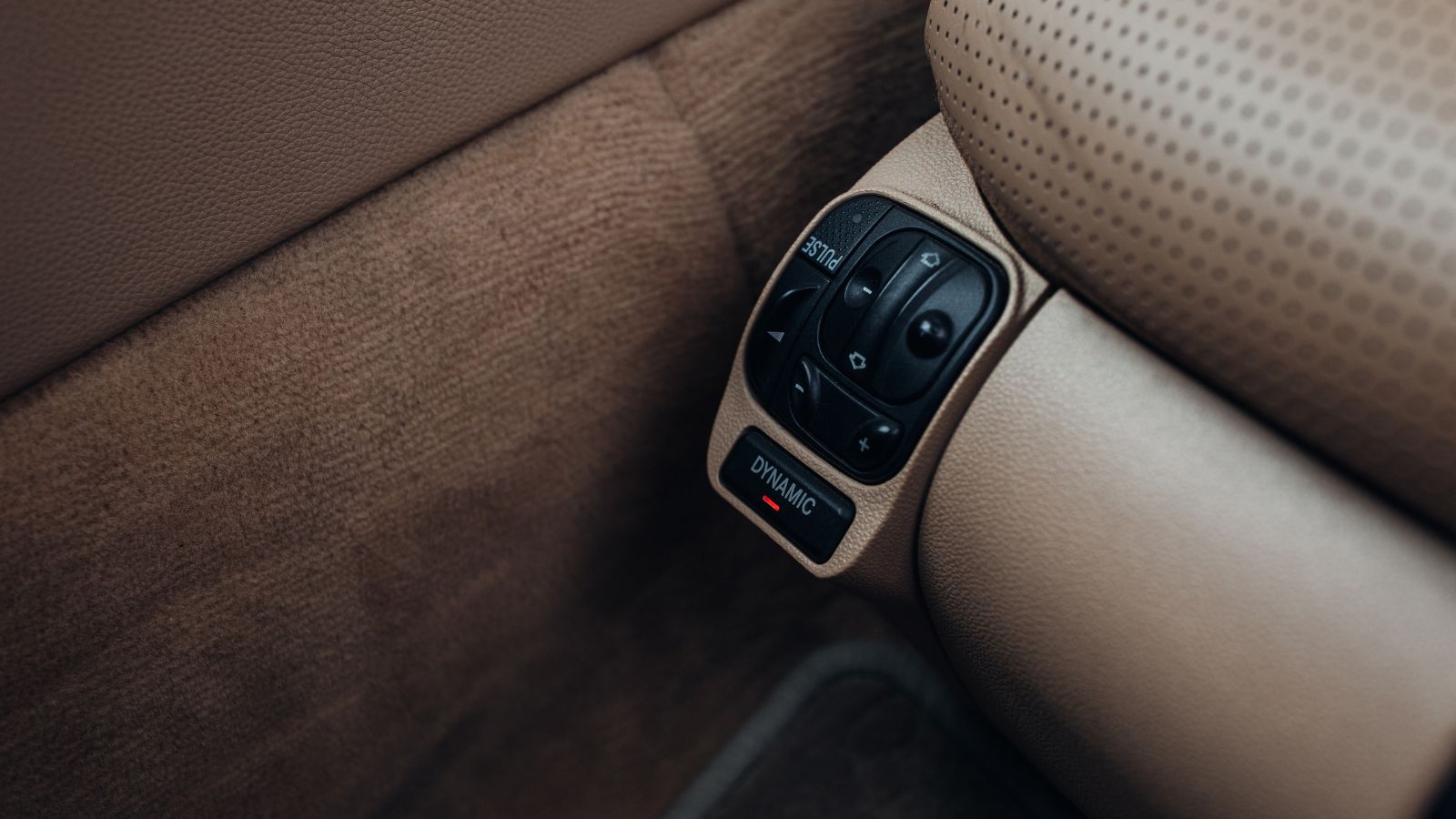
On paper, who wouldn’t want a massage during the commute? Volvo, Mercedes, and Lincoln sell it as a luxury perk. In reality, the “massage” feels like someone poking your back with a blunt finger. Drivers rave about it for the first week, then forget it exists. Worse, when the motors fail, fixing them costs far more than a trip to a real masseuse.
Refrigerated Glove Boxes
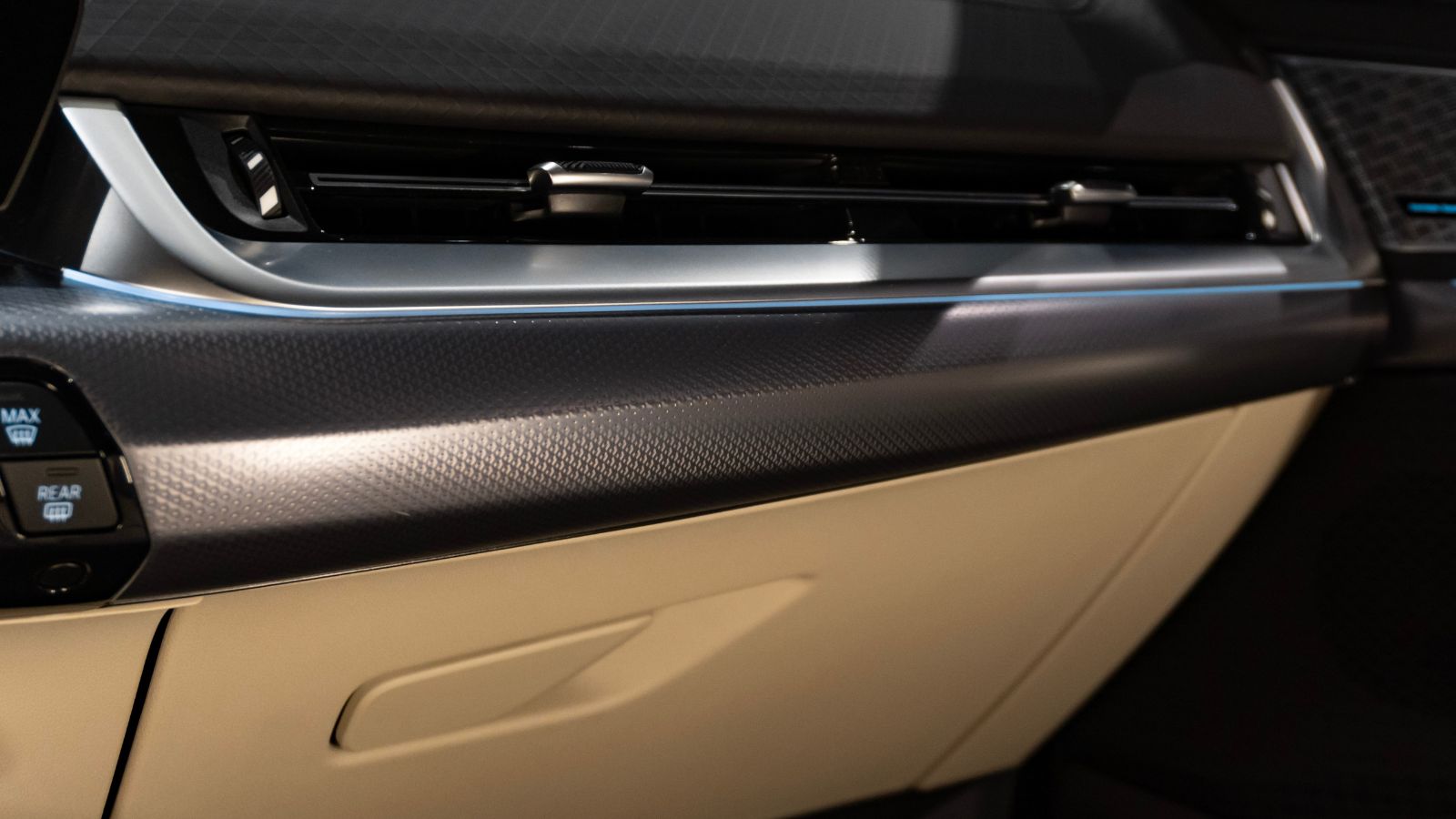
Some high-end Lexus and BMW models offer cooled glove boxes, but in reality, they barely keep a soda chilled. Owners joke that it’s more of a “slightly less warm” box than an actual cooler. For the wiring and space it eats up, it’s an expensive gimmick that’s less effective than bringing a $20 cooler from Walmart.
Digital Key Fobs
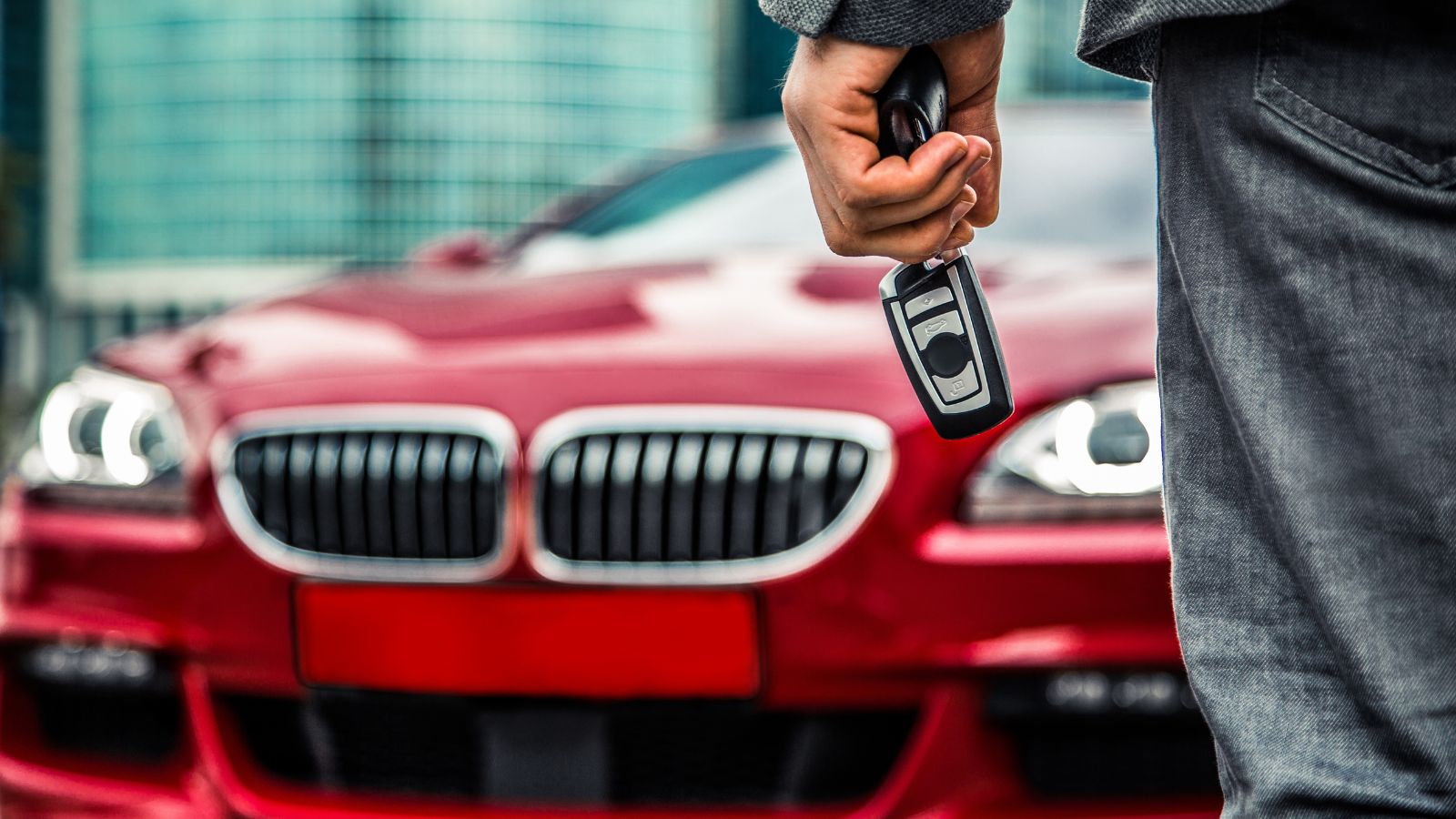
Brands like Tesla and Genesis let your phone act as your key. Sounds futuristic until your phone battery dies or the app glitches, leaving you locked out. Traditional fobs work just fine, but digital replacements add cost and frustration. Some luxury cars now even charge to replace these “high-tech” fobs, making a simple task unnecessarily expensive.
Excessive Driver Assist Alerts
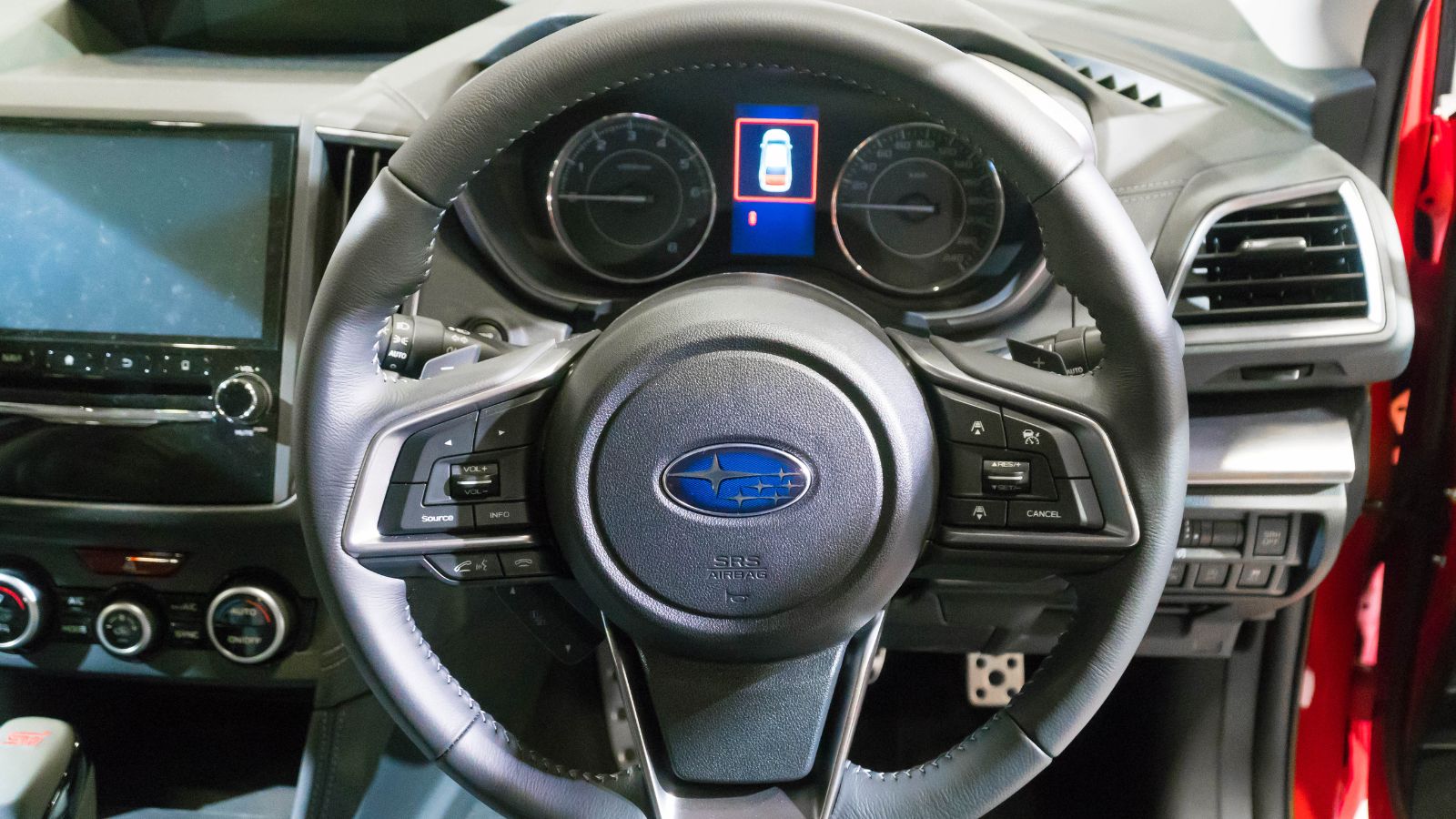
Subaru and Honda are especially guilty here. Their EyeSight and Honda Sensing systems constantly beep, flash, and tug at the steering wheel. Instead of feeling safe, drivers feel like they’re being nagged by a robotic driving instructor. These systems cost thousands in bundled safety packages, yet many owners disable half the features out of annoyance.
Crystal Shift Knobs
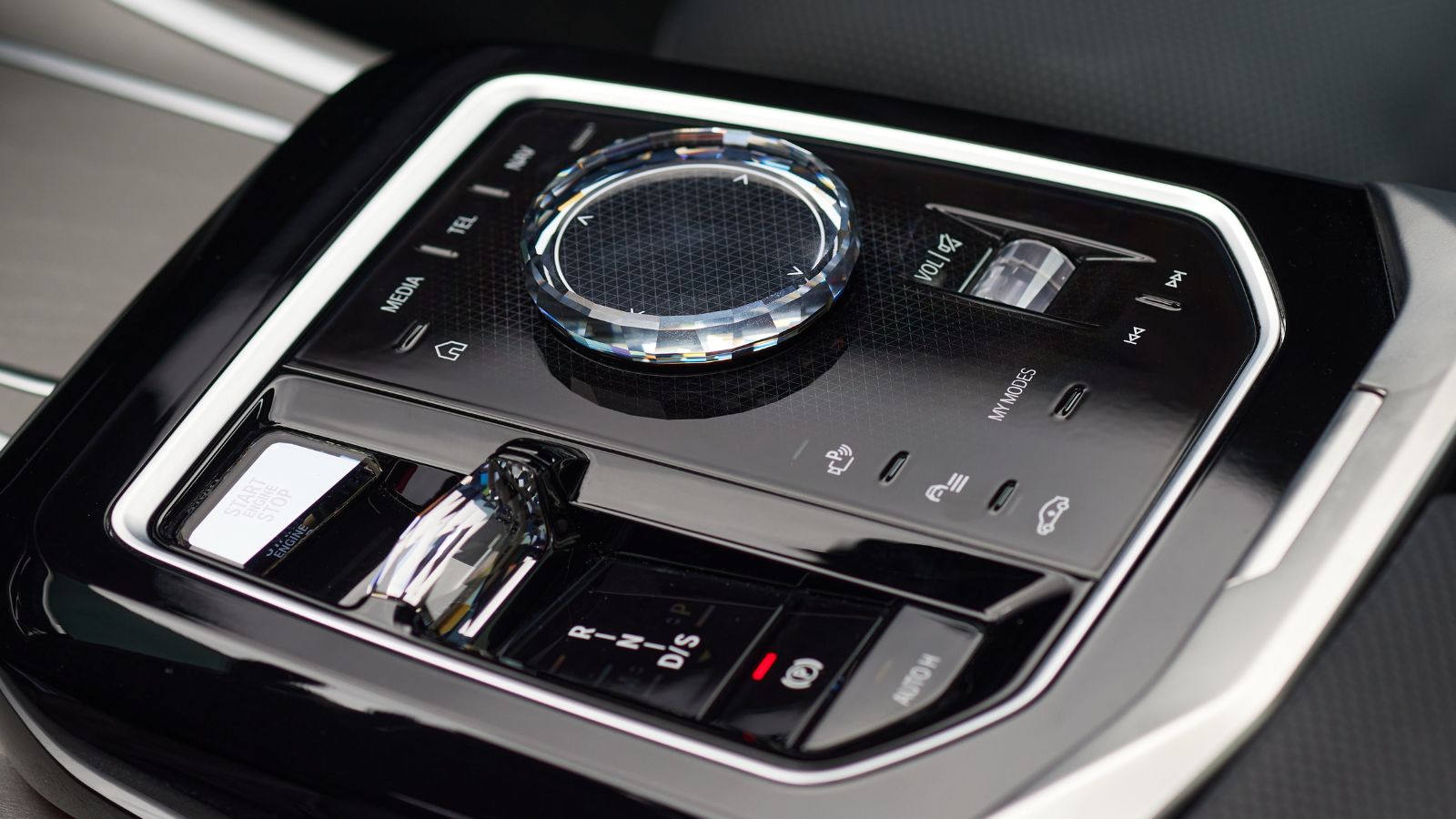
Volvo went all in with its crystal shift knob, and BMW has played with fancy illuminated versions. They’re beautiful to look at, but in reality, they’re fragile, unnecessary, and absurdly overpriced. Nobody has ever said, “You know what my car needs? A glass gear shifter.” It’s the automotive version of wearing a diamond watch to mow the lawn.
Rain-Sensing Wipers with Lag
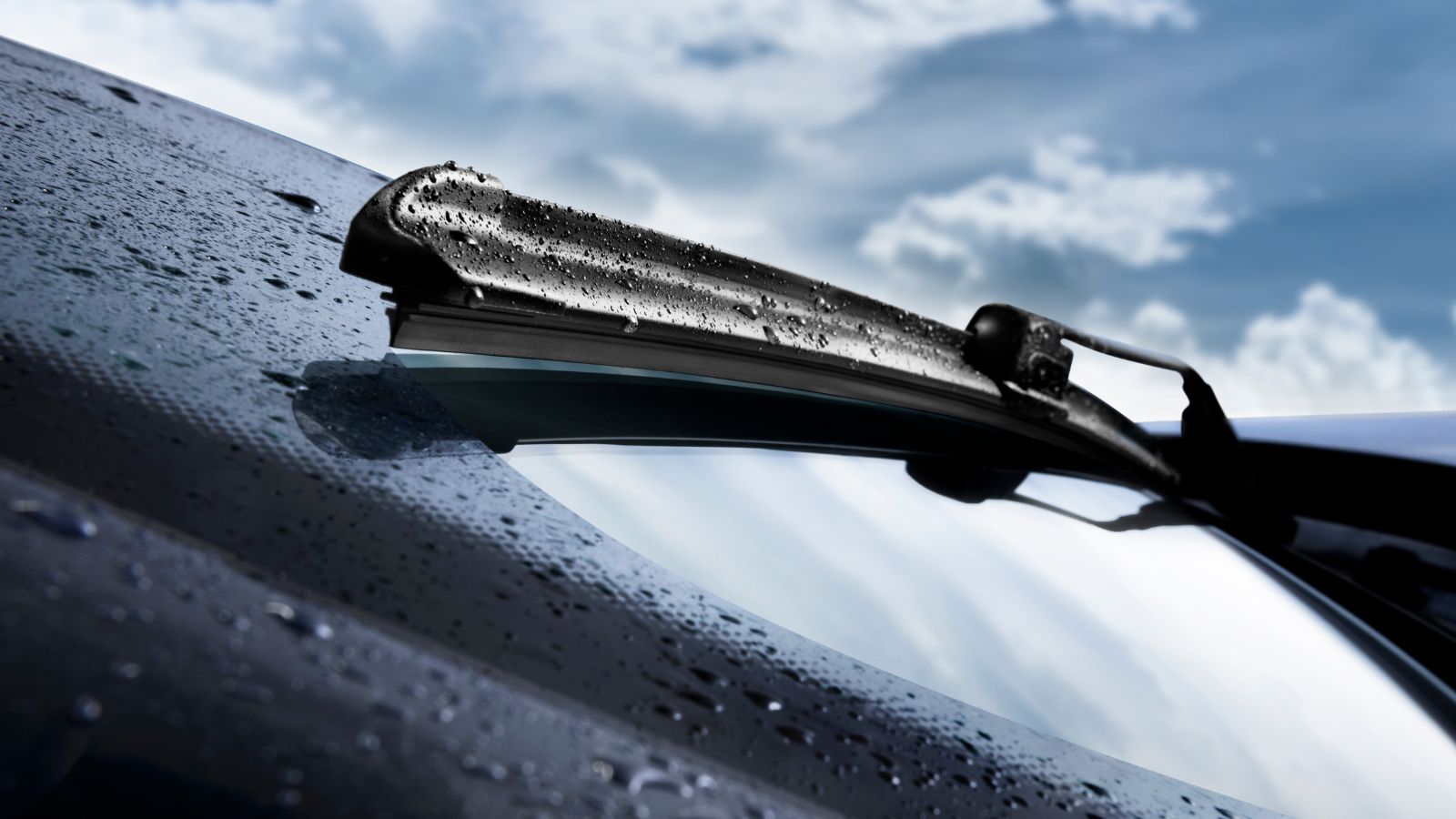
Almost every modern luxury car has them, from Audi to Lexus. But drivers complain that the wipers wait too long before activating, forcing you to squint through rain while the system decides if it’s “wet enough.” Owners often switch back to manual, making the expensive sensors essentially useless.
Over-Complicated Touchscreens
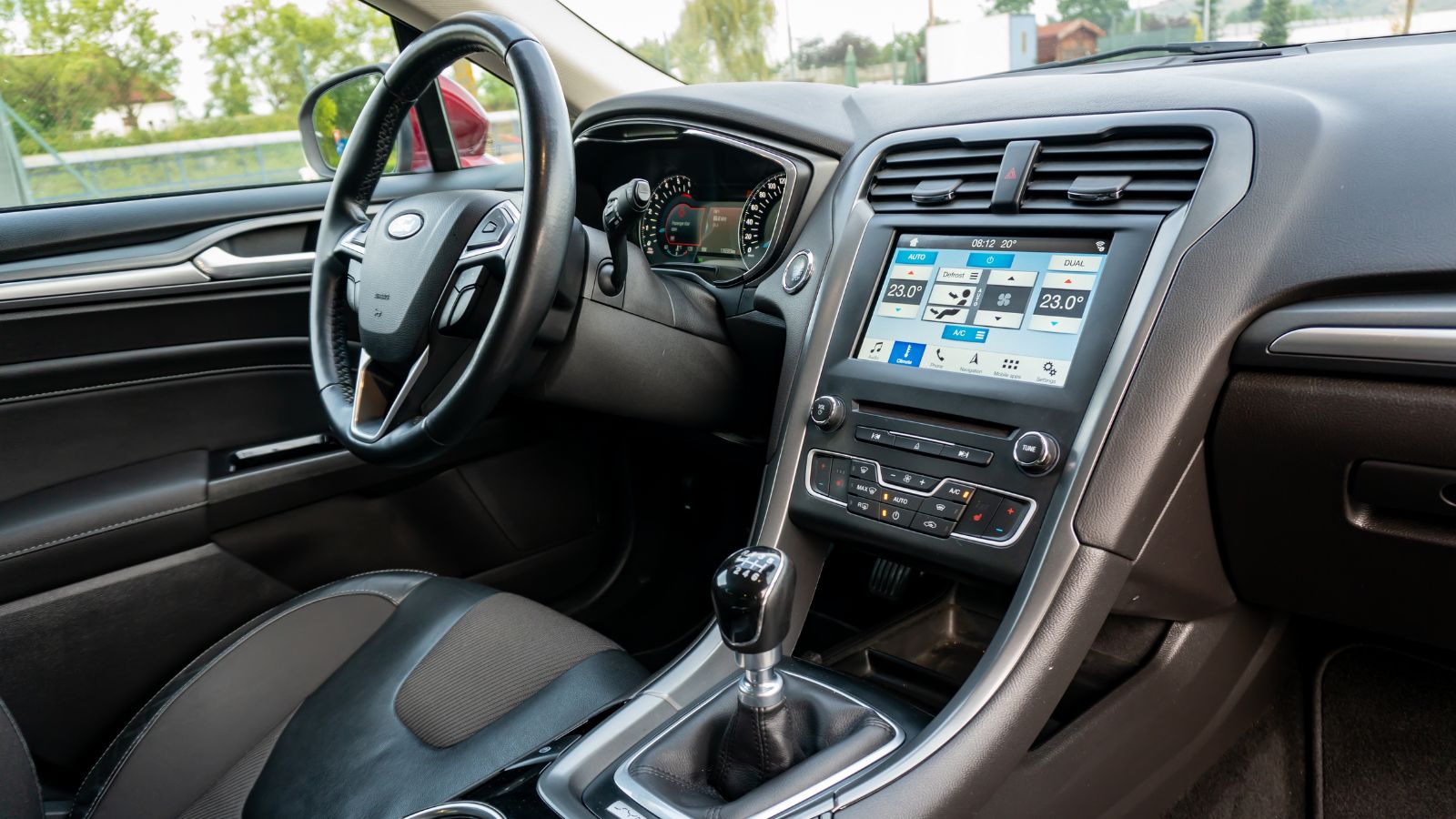
Cadillac’s CUE system and Ford’s early SYNC touchscreens are notorious examples. They looked futuristic, but burying simple tasks like adjusting the fan speed under three menus was infuriating. Owners paid thousands for these big screens, only to wish for old-fashioned buttons. Worst of all, when they fail, repairs can cost more than replacing a laptop.
Excessive Driving Modes
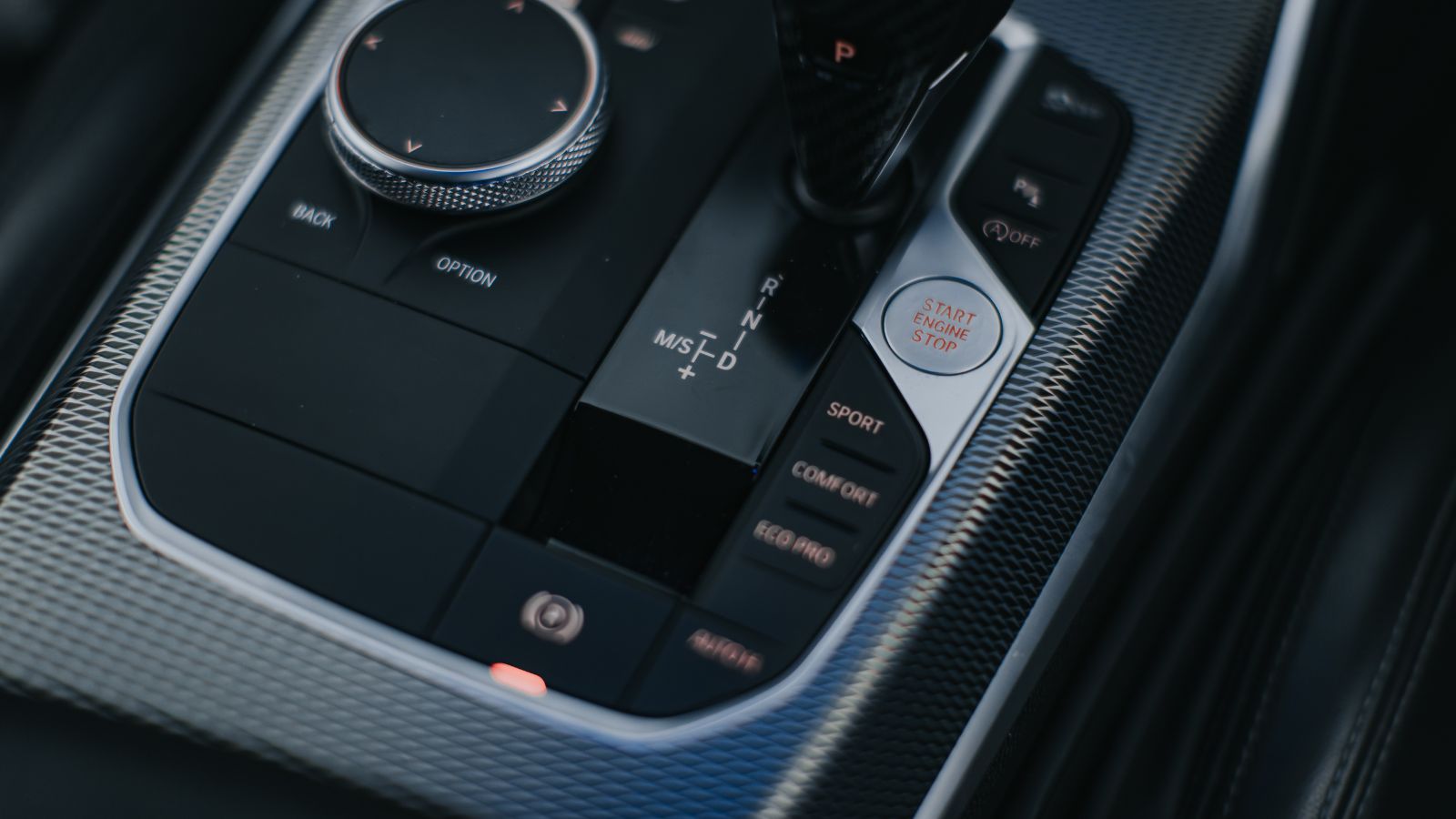
Jeep, BMW, and Land Rover love throwing in endless drive modes. Snow, sand, mud, rock, eco, sport, track—most owners stick to one or two. The rest are software tricks meant to make the brochure look impressive. It’s cool to scroll through the menu once, but after that, it’s wasted space and wasted money.
Roof-Mounted Shark Fin Antennas
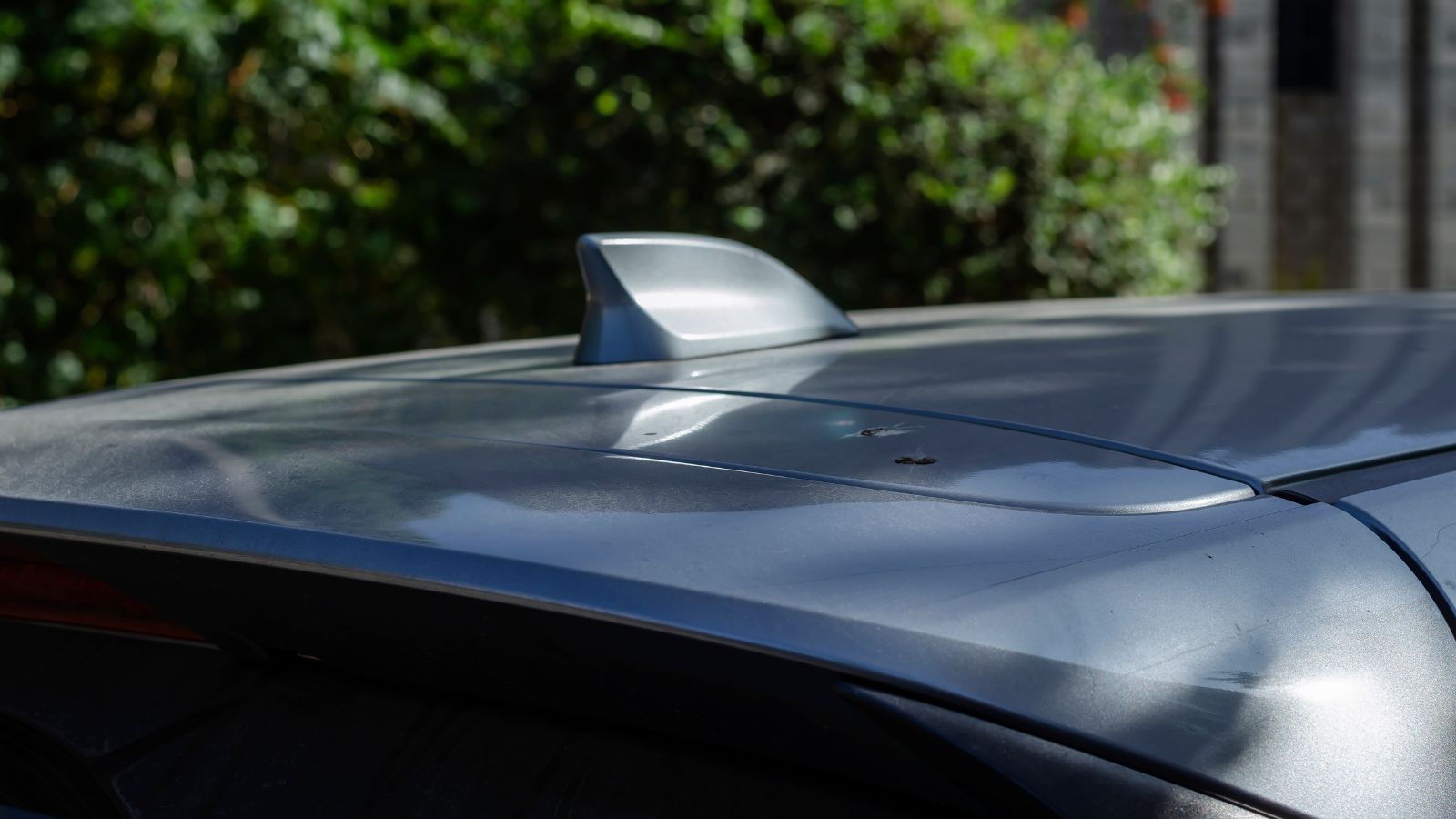
Once upon a time, automakers used simple hidden antennas. Now they slap on shark fins to look “aero” and “premium.” When one breaks off at the car wash, owners discover replacements can cost hundreds. A feature that adds no real benefit but does add markup.
Fake Exhaust Tips
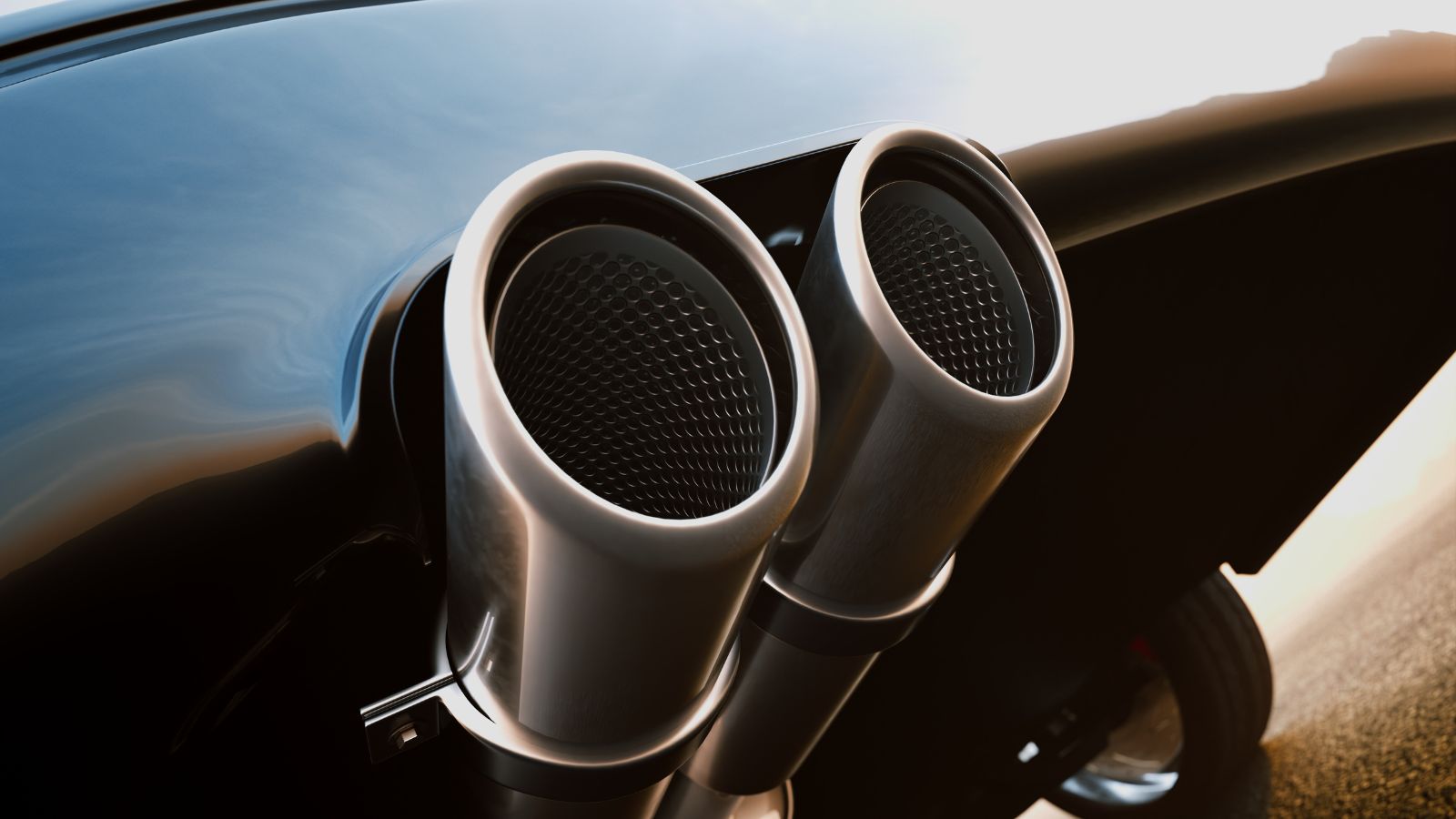
Mercedes and Audi have been especially guilty of this. Huge chrome tips look aggressive, but peek inside and you’ll find the real exhaust tucked away like a shy kid. Owners feel duped when they realize it’s all an illusion. They’re paying extra for what is essentially decorative plumbing.
25 Facts About Car Loans That Most Drivers Don’t Realize

Car loans are one of the most common ways people fund car purchases. Like any other kind of loan, car loans can have certain features that can be regarded as an advantage or a disadvantage to the borrower. Understanding all essential facts about car loans and how they work to ensure that you get the best deal for your financial situation is essential. Here are 25 shocking facts about car loans that most drivers don’t realize:
25 Facts About Car Loans That Most Drivers Don’t Realize
